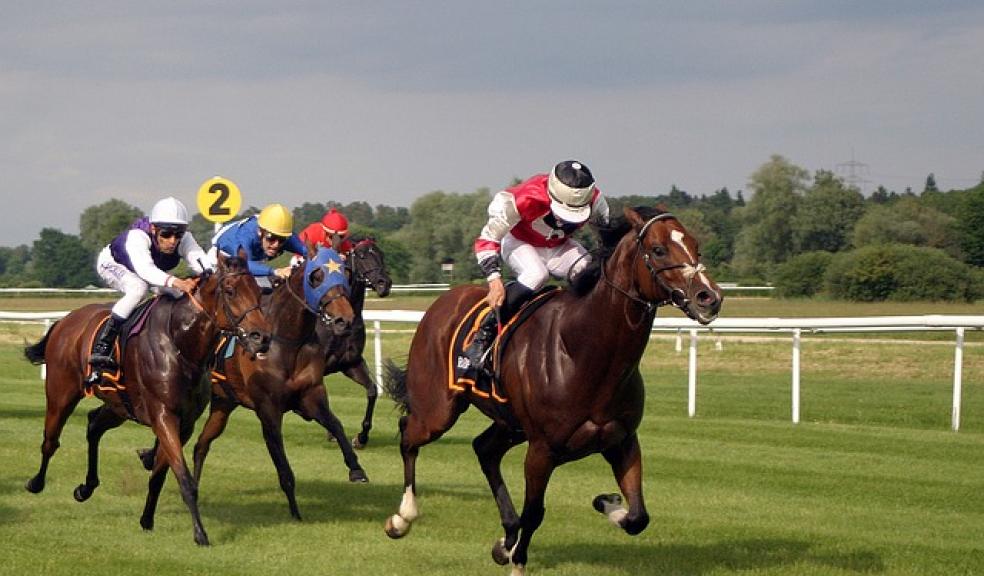
A guide to betting on horse racing
Horse racing is one of the most popular sports to bet on, from the thrilling finishes to the wide variety of betting options to choose from. If you’re new to the world of betting and want to get started, this guide will walk you through the basics of placing your bets and how to increase your chances of success.
Understand the Odds
Betting odds can look confusing to the untrained eye, but you’ll be pleased to learn that they’re simpler than they first appear. If a horse has odds of 4/1 in a race on Timeform, for example, then for every £1 you bet you’ll make £4 profit in addition to your stake back, so £5 in total. Most companies in the UK betting industry use fractions to display their odds, but you may also come across decimal odds so 4/1 would translate to 5.00 – your total returns for each £1 you bet.
Learn the Difference Between Bets
There are several types of bet you can place on horse racing:
Win – Win bets are the most common type of bet to place and are great for beginners as they’re the simplest to understand. With this type of bet, you are betting on just one outcome – for the horse you’ve chosen to win the race.
Each Way – With this type of bet, you’re effectively placing two bets. One of the bets is on the horse to win while the other is on the horse to place, the terms of which can vary depending on the number of horses in the race.
Straight Forecast – This bet requires you to choose two horses in a race and choose the order in which they will finish correctly, with odds set for that specific outcome.
Reverse Forecast – This bet is similar to straight forecasts but the two horses you choose can finish in any order.
Tricast – Tricast bets can offer huge payouts but they’re only for the brave as you have to pick the first three horses in the correct order in order to win.
Tips for Choosing a Winning Horse
Once you’ve considered the odds of a race and checked whether they’ve increased or decreased over time, you then need to do your homework and research the horses to make sure you’re factoring in the type of race, past performance and the track type to gauge your chances of winning. Look at who is riding the horse and their past performances as well. Higher profile jockeys often have a better chance of winning as they’re more experienced, but also because they’re unlikely to take a chance on horses that they don’t think will win. It’s also a good idea to look at the horse you’re considering in great detail, whether that’s in person or on TV. If you can, watch the horse’s behaviour in the paddock too and check whether it looks agitated, as this can be a sign to steer clear and go for a calmer horse instead.













